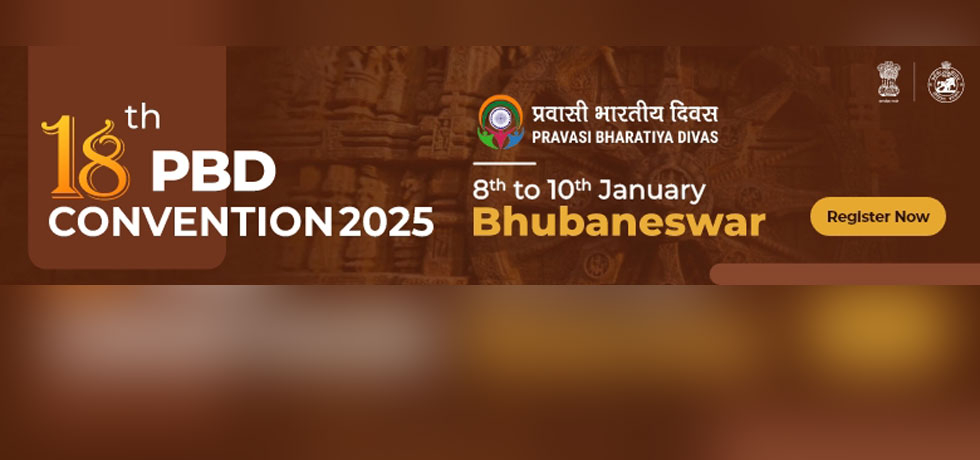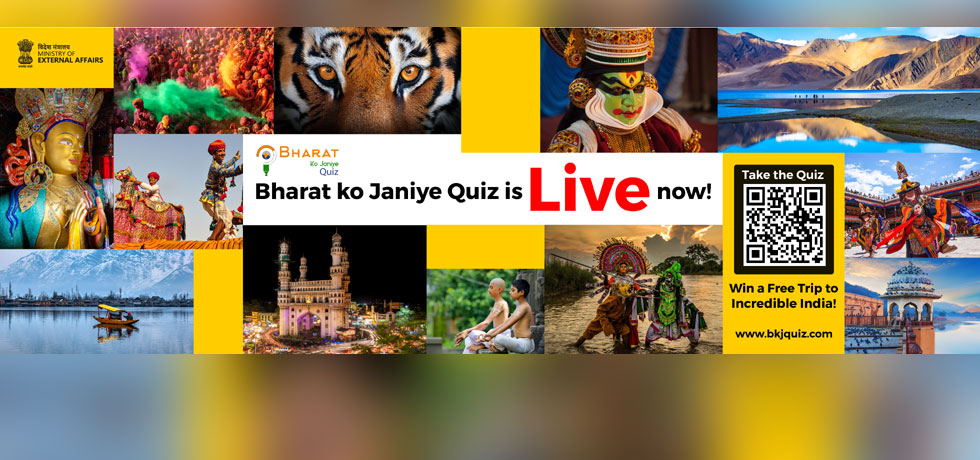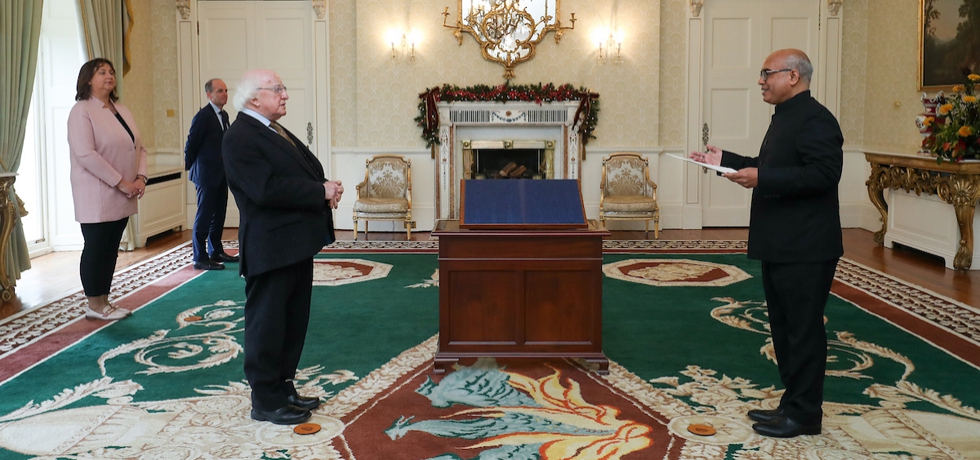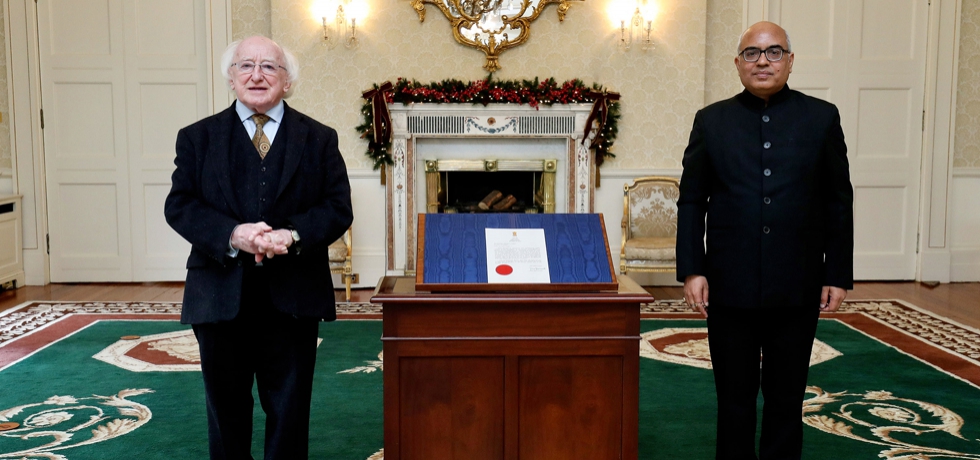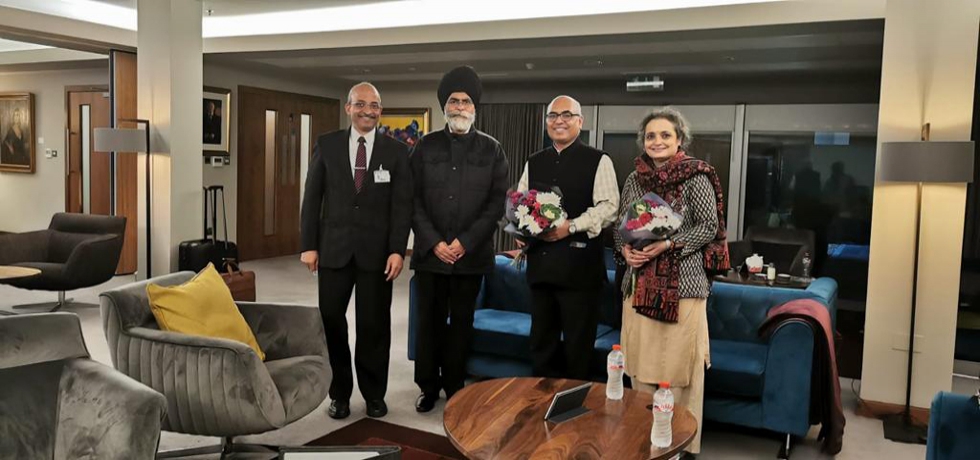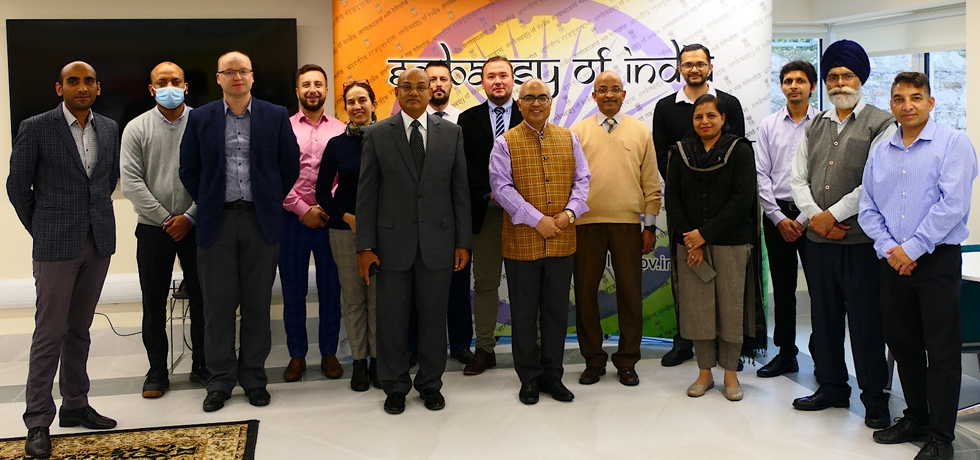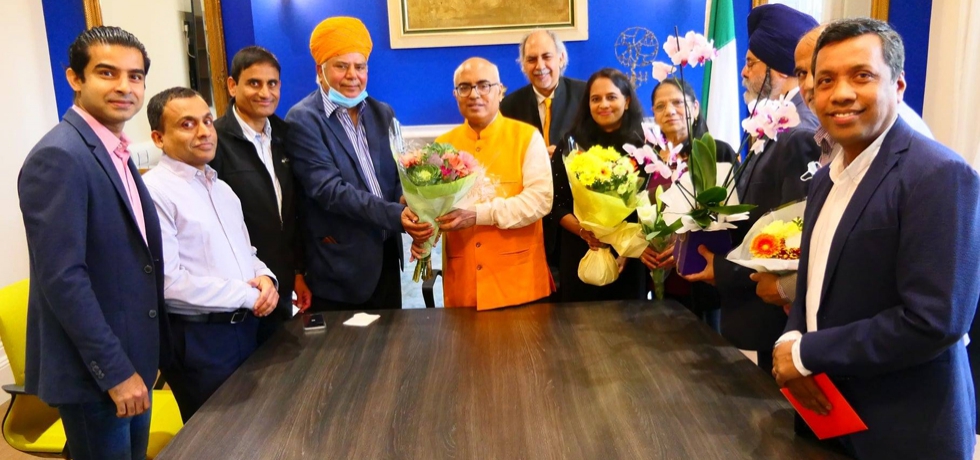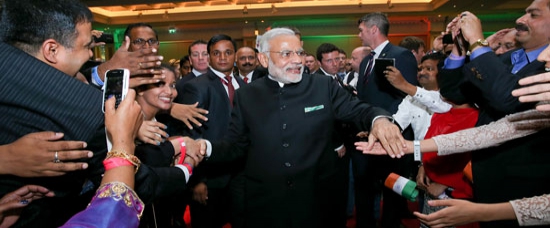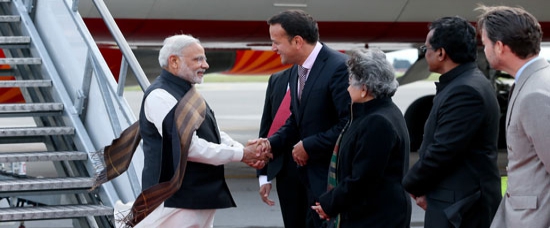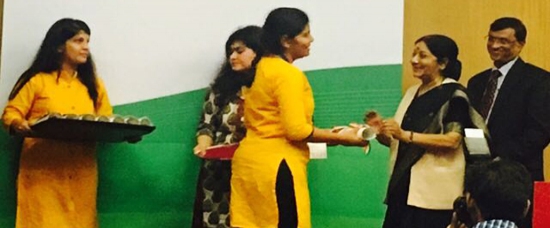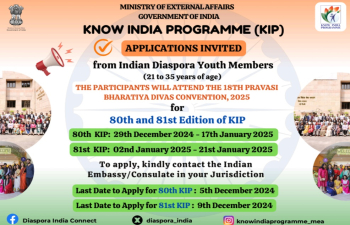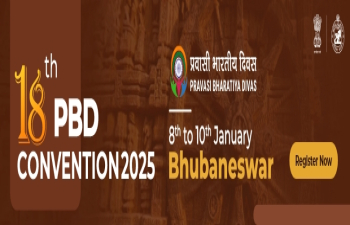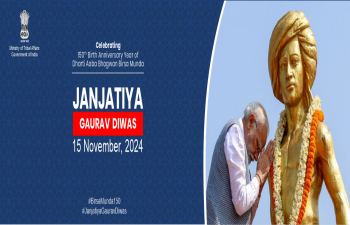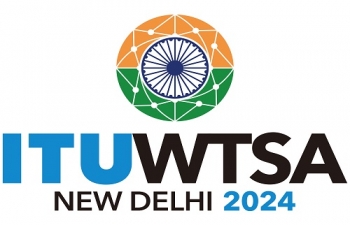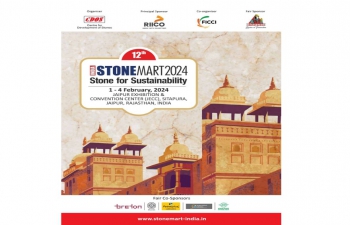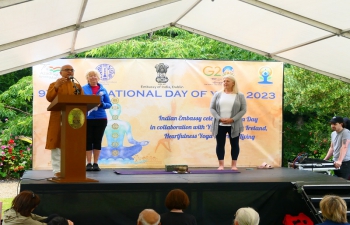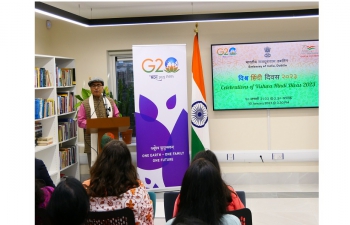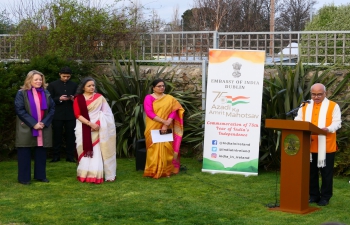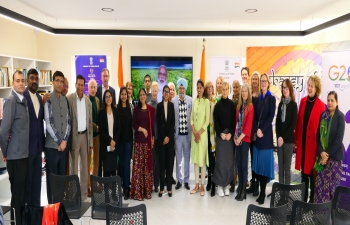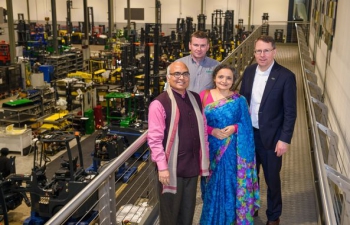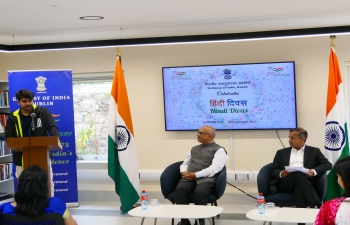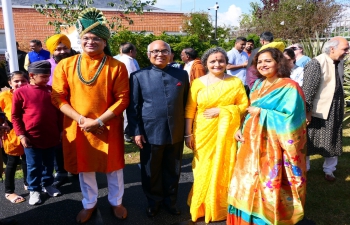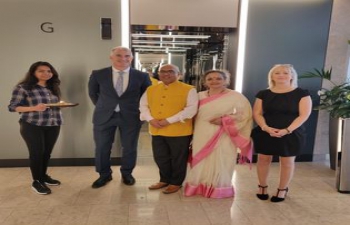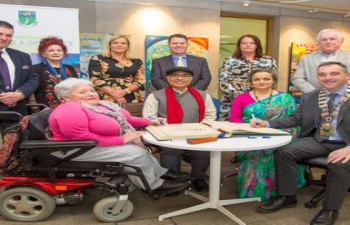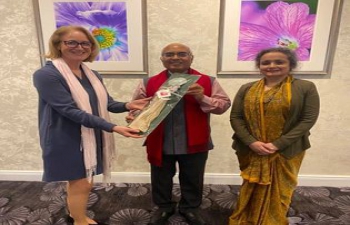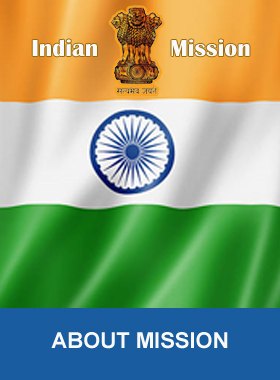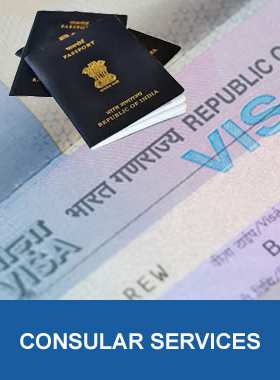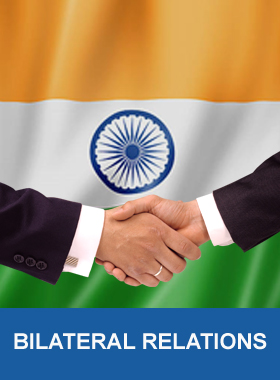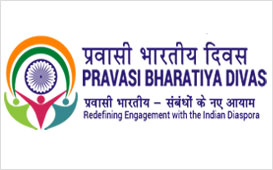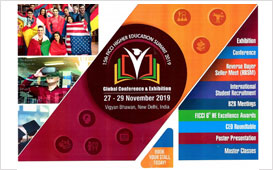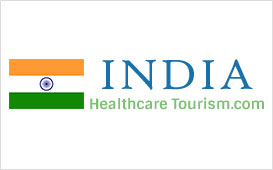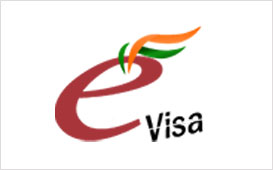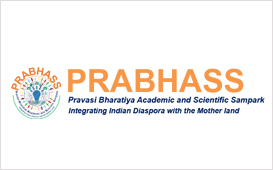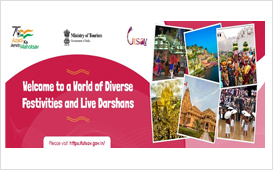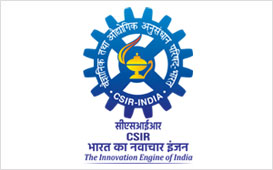Menu
- Home
- Embassy
- Consular
- Passport Services
- PERSON OF INDIAN ORIGIN (PIO)
- OCI
- NRI Certificate
- Emergency Certificate
- Change of Citizenship
- Surrender of Indian Passport & Renunciation of Citizenship
- Birth Certificate
- Death of an Indian National
- Attestation Of Documents
- Police Clearance Certificates
- Indian Community Welfare Fund
- MADAD
- Re-issue of International Driving Permit (IDP)
- Solemnization of Marriage
- Registration of Indian Nationals
- Visa
- Bilateral Relations
- Useful Resources
- Advisories
- Restoration of E-Visa (13.04.2021)
- FAQ on Marital disputes involving NRI/PIO spouses
- Advisory for Indian Students
- Resumption Of Scheduled Commercial International Passenger Services To/ From India
- Embassy Advisory regarding Consular Services
- CYBER FRAUD
- Revised Guidelines for international arrivals w.e.f 01.01.2023
- PHISHING TELEPHONE CALLS
- SAFETY AND SECURITY OF INDIAN CITIZENS AND PROPERTY
- Important Advisory reg SPAM calls
- Resumption of Tourist Visa service at the Embassy
- Advisory on Re-issuance of Passports for Indians in Ireland
- NOTICE FOR STUDENTS
- Guidelines for applicants for registering grievances
- Advisory on Phone Fraud Awareness (22.06.2021)
- Advisory regarding accommodation for students in Ireland
- Embassy Advisory Regarding the Defacing of Indian Passports
- Information Regarding Accepting Consular Fee via DIGITAL MEANS
- Media
- Repository
- Amrit Mahotsav
- Links
- Contact Us

